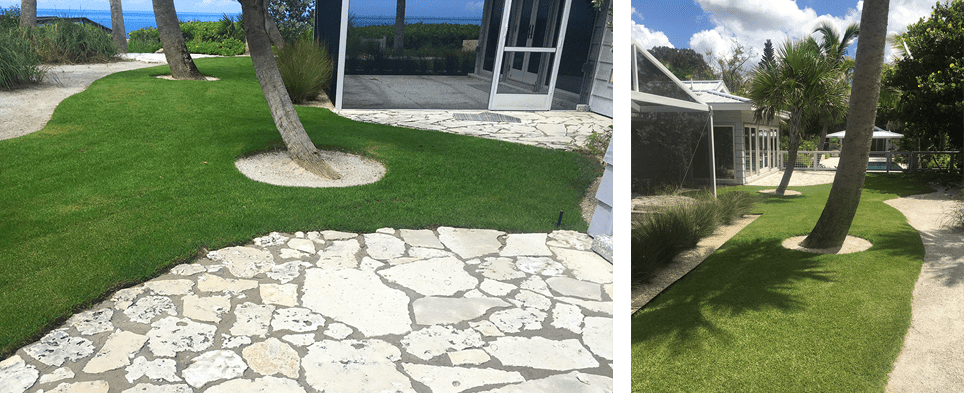
The explosion of manicured golf courses that spread throughout the United States in the late 1800s and early 1900s made the “golf course-like lawn” a goal for many American homeowners.
Spurred by this new-found interest in golf courses and private lawns, the USDA increased its testing of potential lawn and turf grasses throughout the country's land-grant universities. It is around this time that Zoysia grass, which is native to Asia, is introduced into the United States.
Zoysia grasses are suitable for southern climates like ours, they grow in a variety of soil types, and can tolerate cold temperature, shade, and salt.
In recent years, turfgrass breeders have also made improvements to the insect resistance, establishment speed, and overall performance of the grasses but, without proper maintenance, even this hearty breed will not produce the desired results.
These warm-season grasses should be planted in the spring after the threat of frost has passed. Their optimal growth season is the late spring and summer and, although they tend to brown in the winter, they are among the first to return in the spring. Their dense turf makes them resistant to weeds and tolerant to heavy foot traffic, but the dense turf also causes them to develop a thick layer of organic material at the soil level known as a thatch.
Zoysia grasses should be aerated and dethatched in the early spring so they have time to recover before their peak growing season, they typically require 1” of rain or irrigation per week, although sandy soils require more frequent watering, they should be kept at a height of 1 to 1 ½ inches, they have a relatively low nitrogen requirement, and they prefer a soil pH of 5.8 to 7.0.
Soil testing can help you determine the nutrient requirements of your Zoysia lawn but, if you’re aiming for the “golf course-like lawn” that has been the goal of many Americans since the turn of last century, there’s no substitution for the care of a trained professional.
If you are in Siesta Key, Longboat Key, Lido Key, and the surrounding areas of Sarasota County, call Siesta Key Landscape at 941-379-3479.